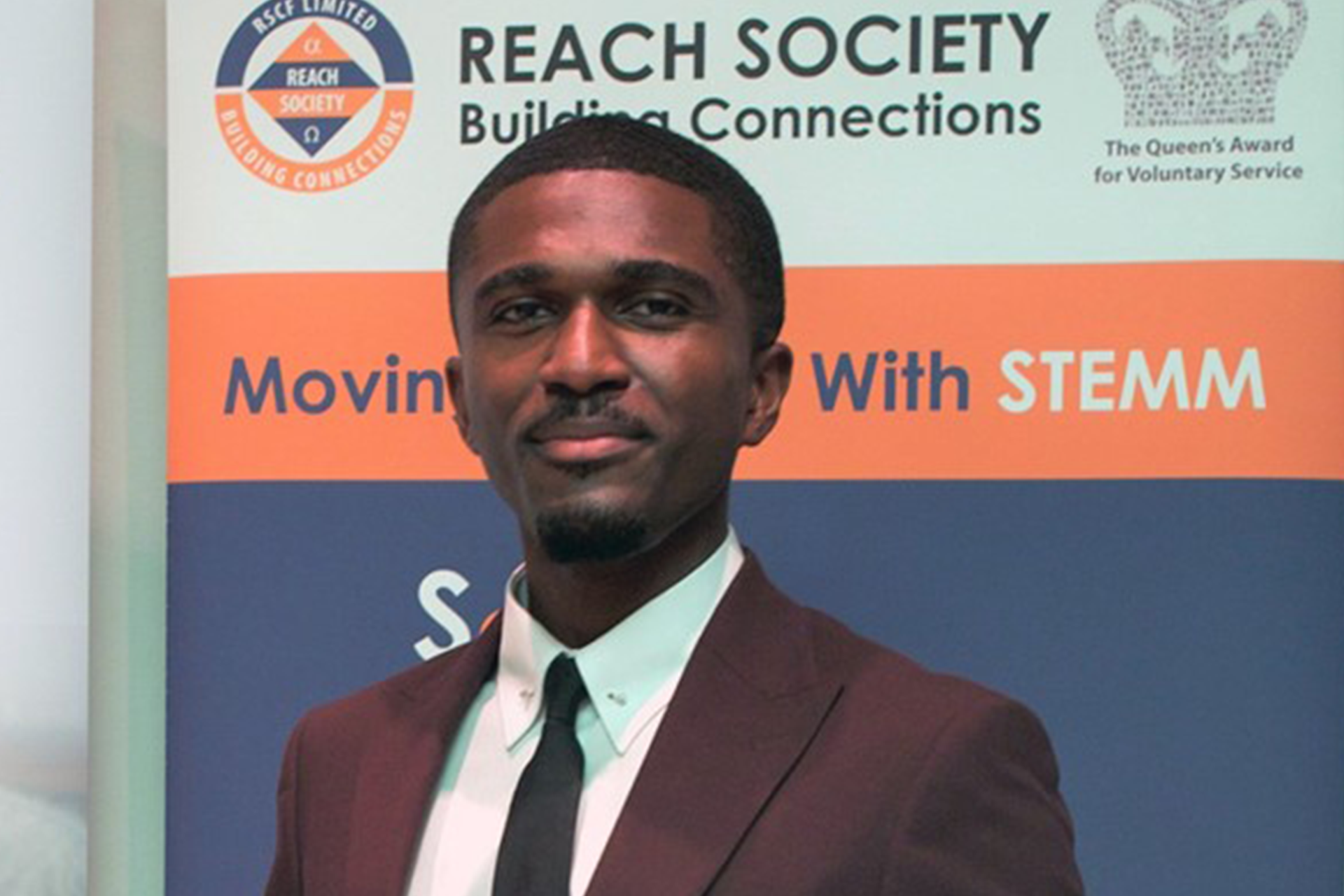What are you doing now?
I am currently a Research Assistant at King’s College London, researching racial disparities in health and other social inequities, primarily under the Health Inequalities Research Group (HIRG).
Here my main responsibility was qualitative data collection and analysis for the Tackling Inequalities and Discrimination Experiences Study (TIDES), but now my role has expanded to include other leading and supporting roles elsewhere with the HIRG.
For instance, I am also policy lead for the Health and Social Equity Collective (HSEC), where I lead the collective’s approach to bringing research and voices from marginalised communities closer to the policy making process.
What attracted you to your course and to Kent?
Biology was something I always enjoyed from primary school, through to sitting my GSCEs and to studying A-Levels, I always liked learning science, particularly biology.
I was also attracted to the employment prospects I would gain, due to the transferrable skills that are developed and refined from studying a STEM subject. Skills particularly around analytical thinking and data skills.
And last but not least, I felt comfortable when I visited the University of Kent and the School of Biosciences for an open day. I was able to picture myself living there for 3 years.
Which aspects of your degree did you enjoy the most, and why?
I enjoyed the biological processes you learn about when studying modules in immunology, neuroscience and animal biology.
I also enjoyed venturing into the sphere where biology’s relevance in social issues was explored, whilst taking a final year ‘wild’ module to do with climate change and conservation. It was through this module that the role biology has in enabling our understanding of the world became clearer, and I took a great interest in that particular revelation. From there, I had an avenue to pursue an MSc in Medicine, Health and Public Policy at King’s College London, and then my current role as Research Assistant at King’s College London.
Which skills/knowledge did you learn on your course that you use most now in your career?
- Methodological approaches to work, particularly problem solving
- Analytical thinking
- Data analysis. Albeit at the time of my undergrad it was almost exclusively quantitative data analysis, I was able to carry over my methodological approach to data analysis when analysing qualitative data in my current role
- Data presentation
- A punchy, almost definitive style of expository writing which is useful when delivering my current policy lead responsibilities
- Adaptability for the many different projects I have a role in within the HIRG
Are you still in touch with your fellow students?
Yes, I have made some strong bonds with some of my former course mates from Kent. I also stay in touch with my former personal tutor and dissertation supervisor to let them know how I’m getting on.
Could you describe a typical day in your current role?
My days are quite varied within my current role as I wear many hats. So as one of the qualitative leads for TIDES, one day I’m leading the analysis of a paper I am currently drafting for submission. Another day I’m: supporting the screening and analysis for a scoping review; line managing peer researchers; or conducting semi-structured peer one to one interviews. Sometimes, I deliver presentations to stakeholders and co-deliver public engagement activities; and support with much, much more!
Whereas a day as policy lead for the HSEC, I’m: building networks throughout King’s and wider society; mapping policy windows and mapping stakeholders; and forming the trajectory of policy engagement for the HSEC. Plus supporting with much more!
What is your favourite memory of Kent?
Seeing another side of England that I did not really see before, as before going to the University of Kent, my experience of life in England was very London centric. I particularly enjoyed the proximity to the coast and areas of natural beauty.
What advice would you give to somebody thinking of coming to Kent?
Embrace the new experiences and opportunities that become open to you at the University of Kent, as the knowledge that you gain whilst being a student is not just restricted to academia. Champion your personal development and utilise the connections and resources you will have access to through student groups, societies, course rep responsibilities, volunteering or even friendship groups. It is such experiences that in my opinion, helps to make you a well-rounded, and to an extent, a grounded person.
Also make space for fun and enjoyment, as burnout is a real thing!
How would you describe your time at Kent?
A time where I began to build upon the foundations I was laying for my future. The University of Kent was a safe enough place to experiment and explore my abilities and skills, as beyond academia I was a School Bioscience Ambassador, a University of Kent Outreach Ambassador, as well as a committee member for the Kent Caribbean Union’s during its inaugural year (where we won not one, but two 2019 Kent Student Awards). These experiences have added to my personal development not just as an individual, but as an active member of my surrounding communities.

